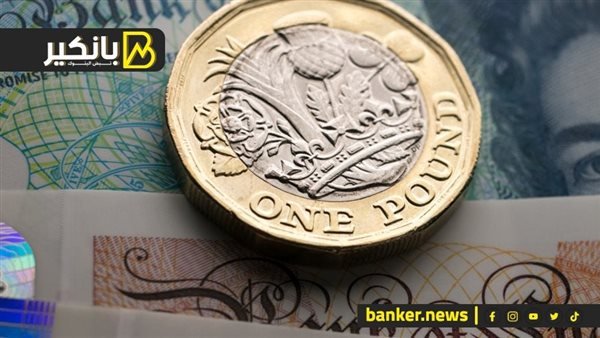
I wonder what will happen at the central bank meeting next Thursday? Will interest rates remain as they are, or is there a surprise that could upset the market? How will inflation, which is not willing to go down, affect the central bank’s decision? Why is the IMF always in the picture when we talk about the Egyptian economy? Many questions are running through our minds before the Monetary Policy Committee meeting at the Central Bank of Egypt on Thursday, November 21. Let us go into the details and understand what is expected and the impact of this decision on us.
That’s it, it’s all days before the monetary policy group at the Central Bank holds its penultimate meeting in 2024…and the truth is that the Central Bank of Egypt is in a difficult position. Inflation is not satisfied with falling below the level of 26% over the past months, even though people expected it to calm down a little. These numbers are due to two things. The first is the increase in fuel and cigarette prices that occurred recently, and its effects are still not complete in the official data.. and the second is geopolitical tensions, such as the war in Gaza and the tensions in Lebanon. And Iran affected energy prices
At the same time, almost the entire market agrees that the Central Bank will not change interest rates now. 12 major investment banks confirmed that the most likely decision is to maintain current rates. for him? Because raising interest rates further could stifle the economy, and inflation that is really high needs to be treated differently.
Why won’t the central bank change interest rates?
There are many factors that prevent the Central Bank from stopping its tightening policy, the most important of which is that inflationary risks are still high, and experts say that inflation is still at difficult levels, and even if it begins to slow in 2025, now is not the appropriate time to change policies.
Also, commitment to the IMF. The government is trying to balance the required austerity measures with its agreements with the Fund, while at the same time relieving the pressure on citizens. But this means that any sudden changes in monetary policy could negatively affect these agreements. The last thing, of course, is the economy. Global and tensions Wars and tensions in the Middle East can raise energy prices further, which increases inflationary pressure
What could happen?
The most likely scenario is to stabilize interest rates for the fifth time in a row… This means that the deposit rate will remain at 27.25%, and lending at 28.25%… and the Central Bank will wait to see the impact of the decisions it took before, especially the large interest increases that occurred in February and March… but Any surprises in the new inflation figures or in the geopolitical situation could change the equation
What is the impact of this decision on us?
For owners of loans and certificates, stabilization means that interest rates will continue as they are, which will maintain the current situation. This means that the certificates will come with high returns, and the loans will cost approximately the same
As for companies, stabilizing the interest rate will allow companies to breathe a little, instead of bearing more burdens if the interest rate increases. For consumers, inflation is the main enemy. If it continues to be high, purchasing power will decrease further, but the hope is that the gradual slowdown in 2025 will ease the burden.
Conclusion: All eyes are on Thursday’s meeting. The expected decision is to stabilize, but the next steps in 2024 are what will determine the shape of the economy. Will the Central Bank start reducing interest rates in 2025? Will inflation fall to target levels? Will the IMF remain more flexible with Egypt in its reform plans?
All of these are big questions…and the answers to them will emerge with time



